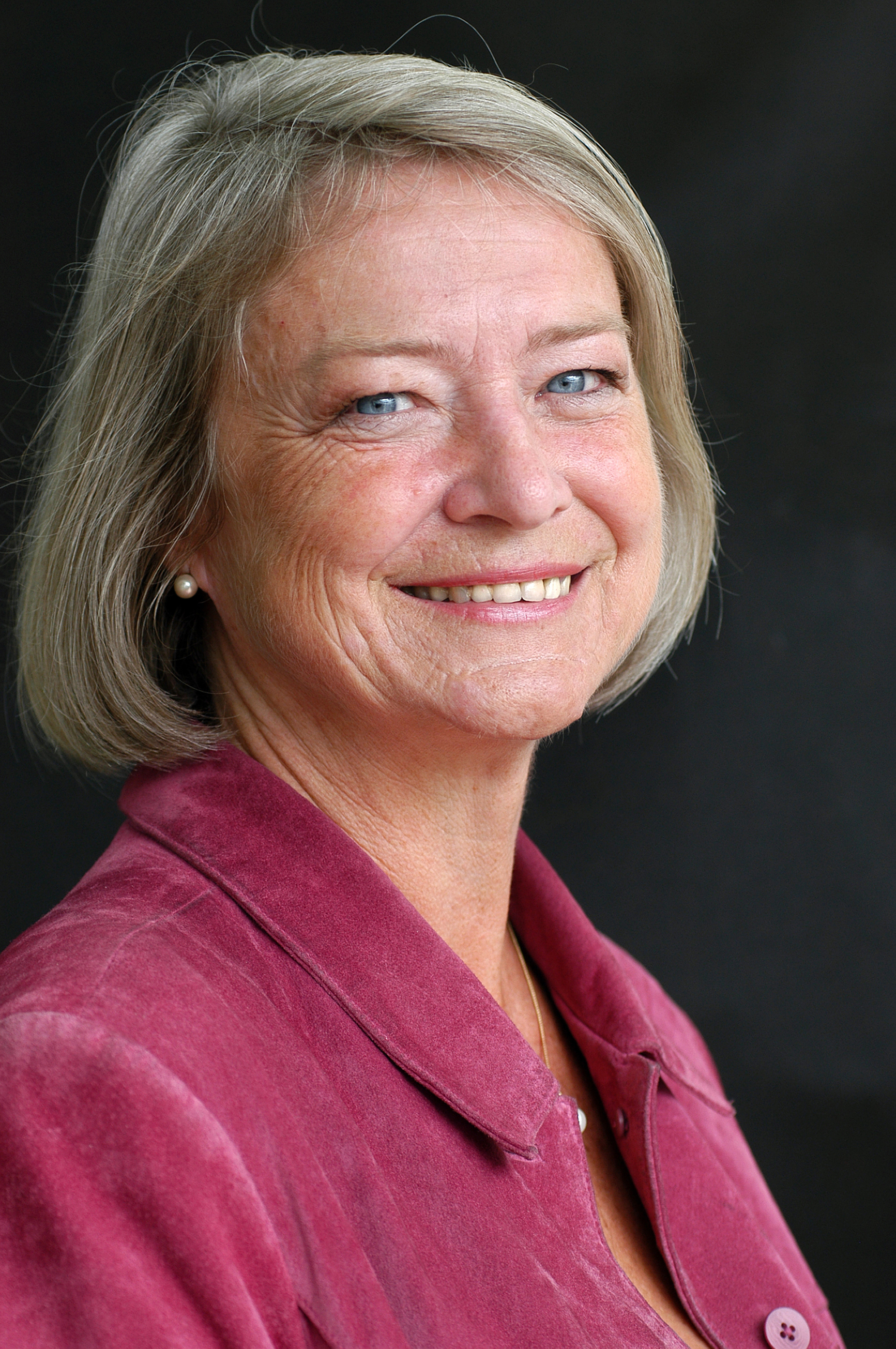Adie, Kate (1945-…), a British radio and television journalist, became the chief news correspondent of the British Broadcasting Corporation (BBC) in 1989. She won several awards for her coverage of foreign news stories, often from the world’s danger zones. She became one of the BBC’s best-known reporters, covering such events as the Persian Gulf War of 1991 and the ongoing struggles for peace in areas such as Northern Ireland and Bosnia-Herzegovina. She also reported extensively from Albania and Rwanda during the 1990’s.

Kathryn Adie was born on Sept. 19, 1945, in Sunderland. She attended the University of Newcastle upon Tyne (now Newcastle University), where she earned a degree in Scandinavian studies. In 1969, she joined the BBC as a studio technician working in local radio, first in Durham, then in Bristol and Plymouth, where she specialized in farming and arts programs. She directed many outdoor broadcasts, mainly on sports and religious events. She eventually entered regional television news, working at the BBC’s Plymouth, Southampton, and Brighton studios.
In 1979, Adie joined the BBC’s television news staff as a reporter, covering general national and international stories. She displayed a sharp, direct reporting style. In 1982, she became a correspondent. For two years, she served as the BBC’s court correspondent, covering events connected with the United Kingdom’s royal family. However, the bulk of her work throughout the 1980’s and 1990’s was concerned with international stories, mostly from war zones.
Adie won many awards for her work, including three Royal Television Society awards, in 1981, 1987, and 1989, and two Monte Carlo International Television Golden Nymph awards, in 1981 and 1990. She also won a Women of Achievement Award in 1988 and the British Academy of Film and Television Arts’ Richard Dimbleby Award in 1990. Adie received many of these awards after her exceptional reporting of the Tiananmen Square student protests in Beijing, China, in 1989. Adie was awarded an OBE (Order of the British Empire) in 1993. She retired as correspondent for the BBC in 2002.
